3. Choosing Your First Vegetables: Best Options for Beginners
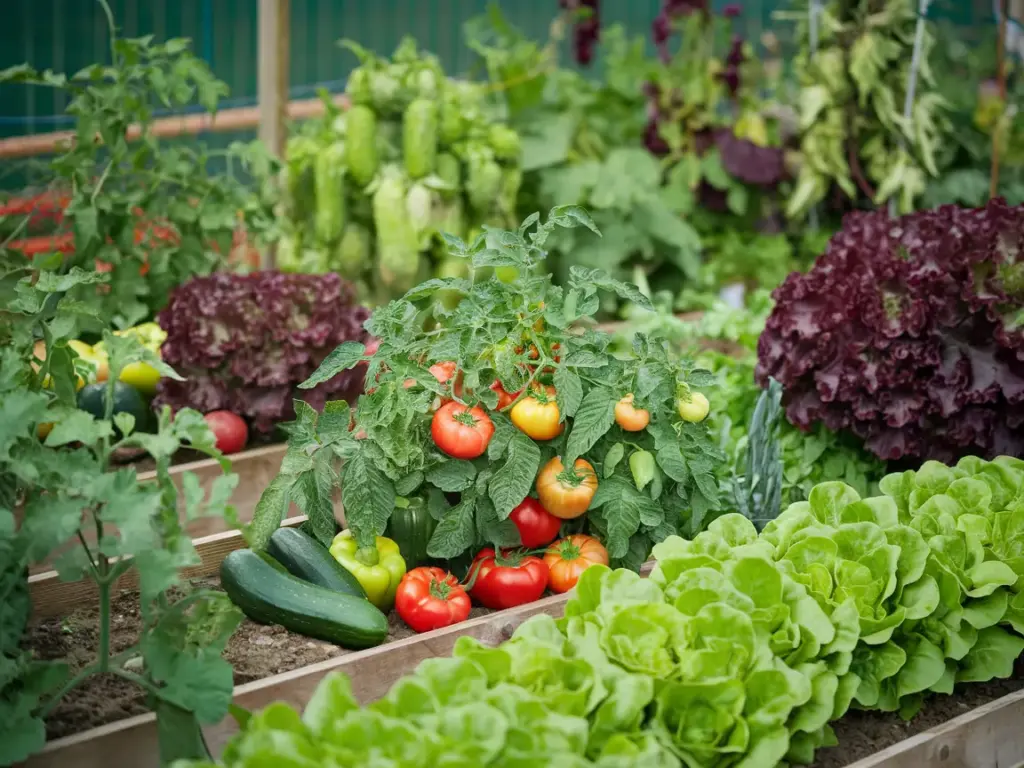
Let me tell you something – picking the right vegetables for your first garden can make or break your gardening journey! I learned this the hard way when I first started. I got super excited and tried growing everything from artichokes to zucchini, and boy, was that a mistake.
Easy-to-Grow Vegetables That Won’t Break Your Spirit
You know what’s funny? The vegetables that are actually the easiest to grow are often the ones we use the most in our kitchens. After 15 years of teaching gardening workshops, I always recommend starting with what I call the “Fantastic Five”: lettuce, radishes, bush beans, cherry tomatoes, and zucchini.
My first success story was with radishes, and I’ll never forget that feeling of pulling my first crisp, red globe from the soil. They’re ready in just 25-30 days, which is perfect for impatient beginners (trust me, we’ve all been there!). Cherry tomatoes are another foolproof choice – they’re like the overachievers of the garden, producing tons of fruit even if you make a few mistakes along the way.
Understanding Your Growing Season (Without Getting a Meteorology Degree)
Here’s something that took me way too long to figure out – your planting zone is like your garden’s GPS. I used to just plant whenever I felt like it, and let’s just say that didn’t work out so well! Now I know that checking your USDA hardiness zone is crucial before you even buy your first seed packet.
For example, in Zone 6 (where I garden), our last frost date is usually around mid-May. That means I can plant my cool-season crops like lettuce and peas in March or April, but I need to wait until Memorial Day for heat-lovers like tomatoes and peppers. Getting this timing right is absolutely game-changing for your success rate.
Seeds vs. Seedlings: Making the Smart Choice
Can I be honest with you? While starting from seeds is cheaper, there’s absolutely no shame in beginning with seedlings (also called transplants). In fact, I recommend it for your first garden! When I started my first garden, I killed so many seedlings that I almost gave up entirely. But then a wise gardener told me something I’ll never forget: “It’s better to have a successful garden with store-bought seedlings than no garden at all because you got frustrated with seeds.”
Container Gardening: Small Space, Big Rewards
Living in an apartment? No problem! Some of my most successful students started with just a few containers on their patio. Container vegetable gardening has come a long way, and you’d be amazed at what you can grow in pots. My favorite container varieties include:
- Determinate tomatoes (like ‘Patio’ or ‘Bush Early Girl’)
- Compact cucumber varieties
- Leaf lettuce (which you can harvest continuously)
- Bush beans (which don’t need trellising)
- Herbs (perfect for kitchen windowsills)
The key is choosing dwarf varieties specifically bred for containers. I once tried growing a regular indeterminate tomato in a pot – it turned into a jungle that ate my entire balcony!
Companion Planting: Making Plant Friends
Think of companion planting as creating a little plant community where everyone helps each other out. For instance, I always plant basil near my tomatoes – not just because they taste great together in recipes, but because they actually help each other grow better! Some plants are best friends in the garden, while others… not so much.
Ready to take your gardening journey to the next level? In the next section, we’ll dive into “Essential Garden Care and Maintenance” where I’ll share my tried-and-true tips for keeping your new garden thriving, including the watering mistake I made that nearly drowned my entire herb garden (spoiler alert: more isn’t always better!). Click the next button below to keep learning about proper garden maintenance – trust me, you won’t want to miss these essential care tips that can make or break your garden’s success!
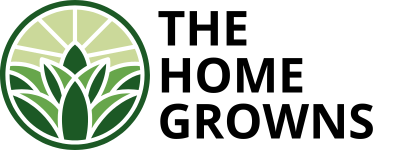


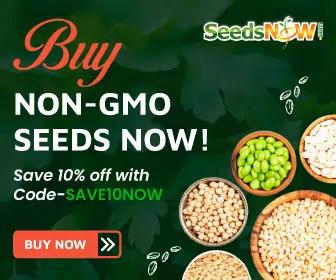

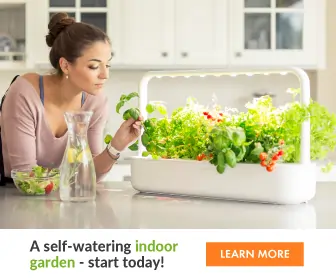

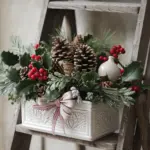
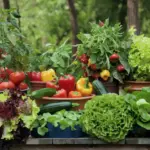
GIPHY App Key not set. Please check settings